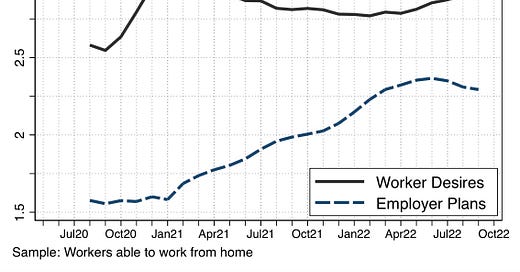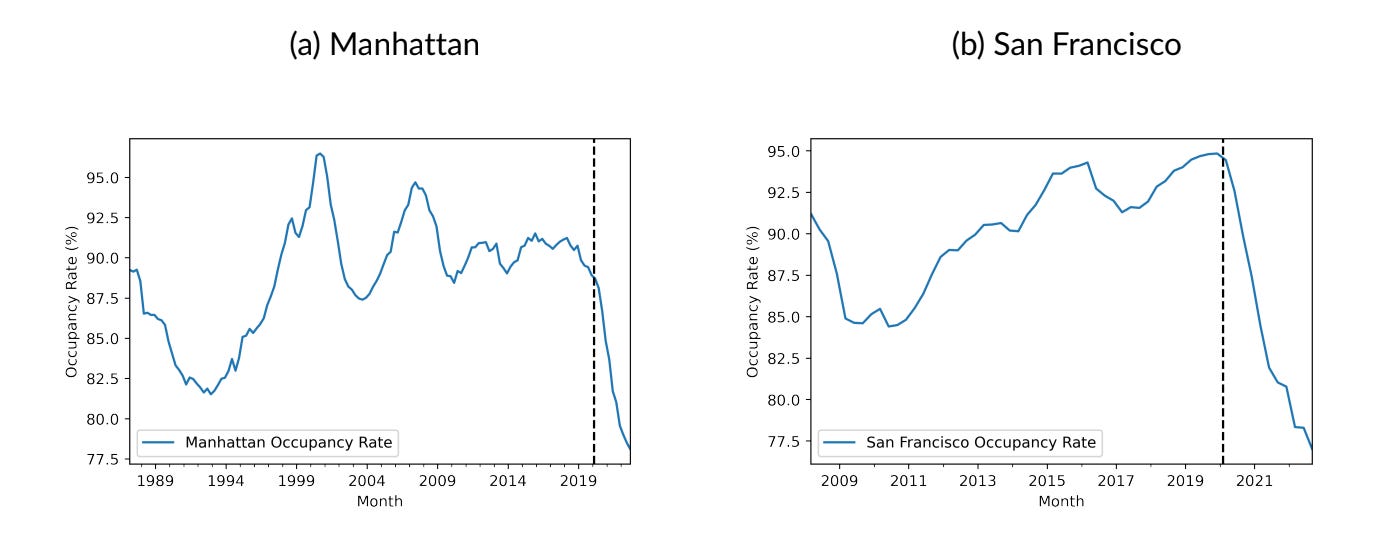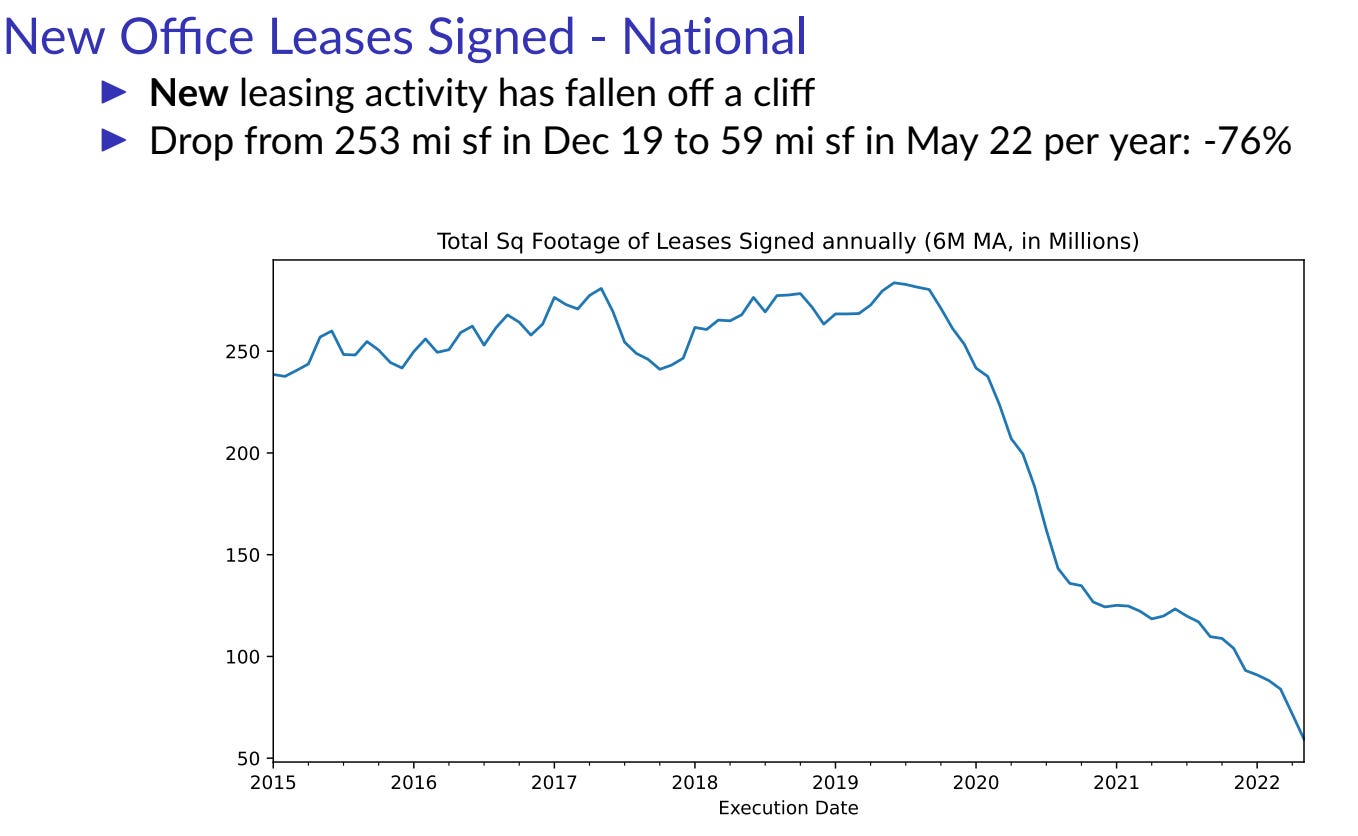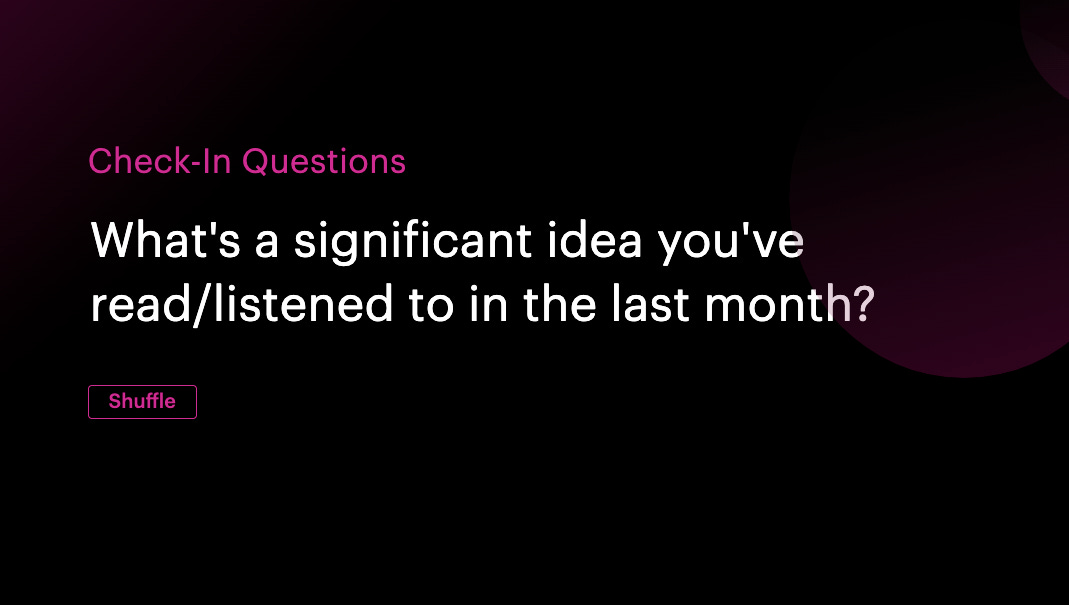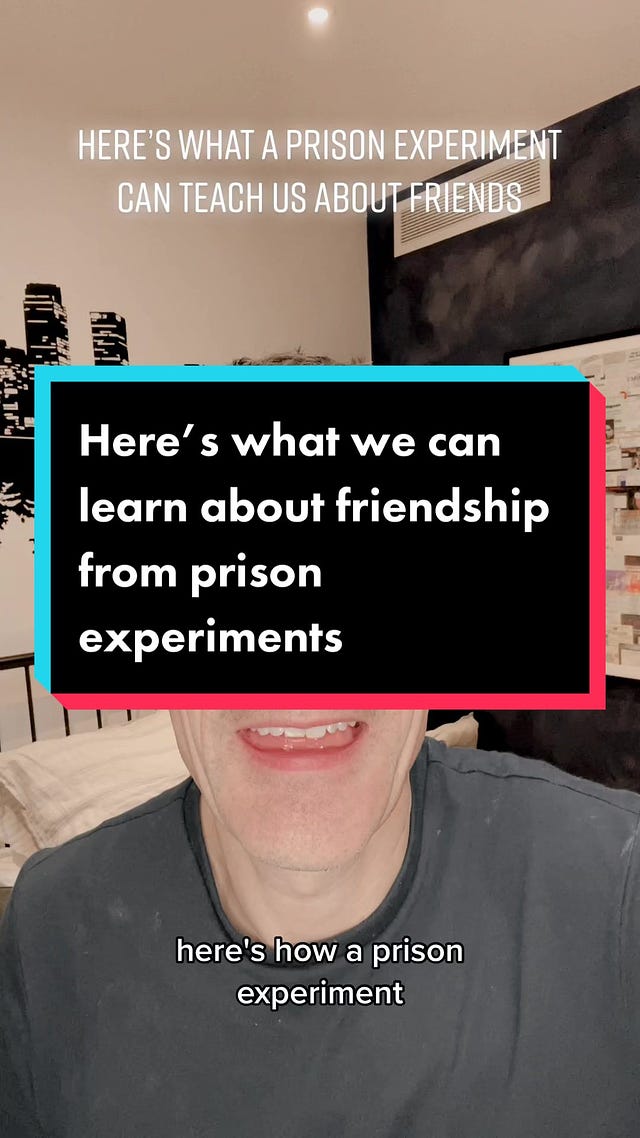🔥Everything workplace culture 🔥
Hot data, a playbook, a podcast, a Twitter thread and a TikTok - fill your boots
Nick Bloom’s data on WFH remains the best source of information on how the new world of work is shaping up. His (US) data is reporting a clear settle down for most organisations - at around 2 or 3 days from home. We seem to have reached an equilibrium - where this is looking close to what workers are seeking too.
If you’re interested in the economy the more worrying thing is a recent report that looked into the consequences of this for the commercial property market. This report (which studied New York and San Francisco) suggested that commercial property will experience a 40% decline in value over the next 7 years (on top of a 45% fall in 2020).
Smart money would seek an answer to the housing shortage by thinking about the opportunity presented here because surely the governmental capacity for unconditional bailouts is in the past. Here’s the report
Playbook for modern working
I love this. Workplace guru Mark Eddleston has compiled a truly wonderful guide for leaders to keep their hybrid working fresh. It includes lots of ideas for warm up exercises for team meetings, discussion of how to make decisions and resolve conflict. It’s so full of different sources that it’s one you’ll want to share. Make sure you take a look… Check out Mark’s playbook here.
Almost two thirds of people report having fewer work friends in hybrid work. Lynda Gratton says we need to open ourselves up to building new friendships with colleagues.
Gen Z workers are perfectly able to cope the stress of modern work - they just question whether it’s acceptable
Brene Brown, Adam Grant and Simon Sinek had a talk about the state of modern work. I found it hard to connect with if I’m honest. Adam Grant has a lot of lovely ideas ('create a promotion system that rewards people who give other colleagues a leg up’) but I think it in the real world it’s very hard to measure every single aspect of people’s performance and take it all into account. Imagine the week spent allocating scores to employees for every aspect of their performance. Judge for yourself: part one, part two
Here’s what a series of prison experiment can teach us about groups.

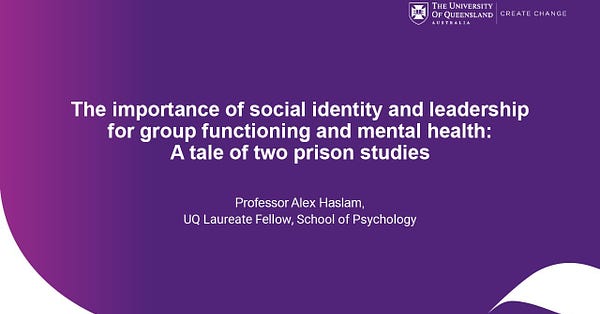
What is the secret of creativity? Jeremy Utley leads some of the most popular courses on creativity and innovation at the d.school of Stanford University. I was delighted to see that he was making his teaching of such popular courses available to a wider audience and chased him for an interview. This is one of his first interviews to talk about his brand new book Ideaflow.
In it he discusses the way to have good ideas, and why most of us aren’t willing to do what is required. I loved this discussion. Buy Ideaflow here – and find out more about Jeremy and his co-author, Perry Klebahn, here.


